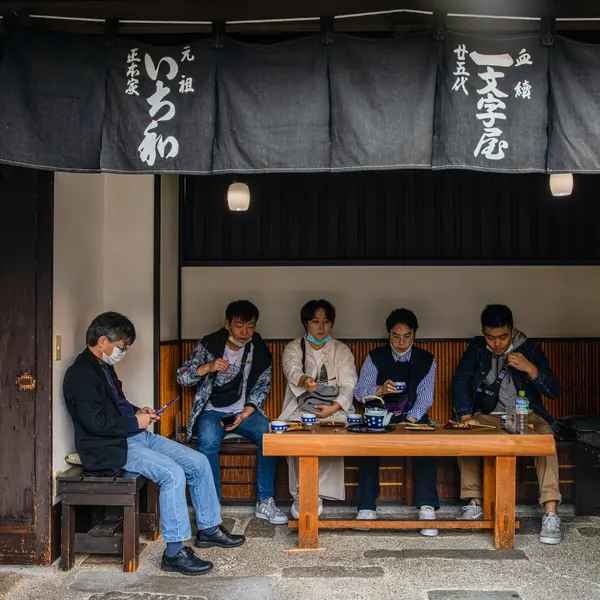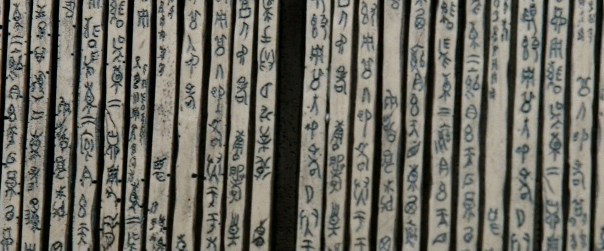Amicus, amici, whatever
Lin Wood has gotten some social-media ridicule for various aspects of a brief that he filed in support of Texas's failed attempt to get the U.S. Supreme Court to throw out four other states' votes in the 2020 presidential election ("Supreme Court Rejects Texas Suit Seeking to Subvert Election", NYT 12/11/2020). The linguistically relevant issues have to do with (grammatical) number:
I'M SERIOUS HE MISSPELLED HIS OWN DAMN NAME.
Also, he apparently thinks he's plural. Either that or Latin is another item on his lengthy list of incompetencies. pic.twitter.com/awvQ1Cv0Ct
— Mike Dunford (@questauthority) December 11, 2020
Read the rest of this entry »


